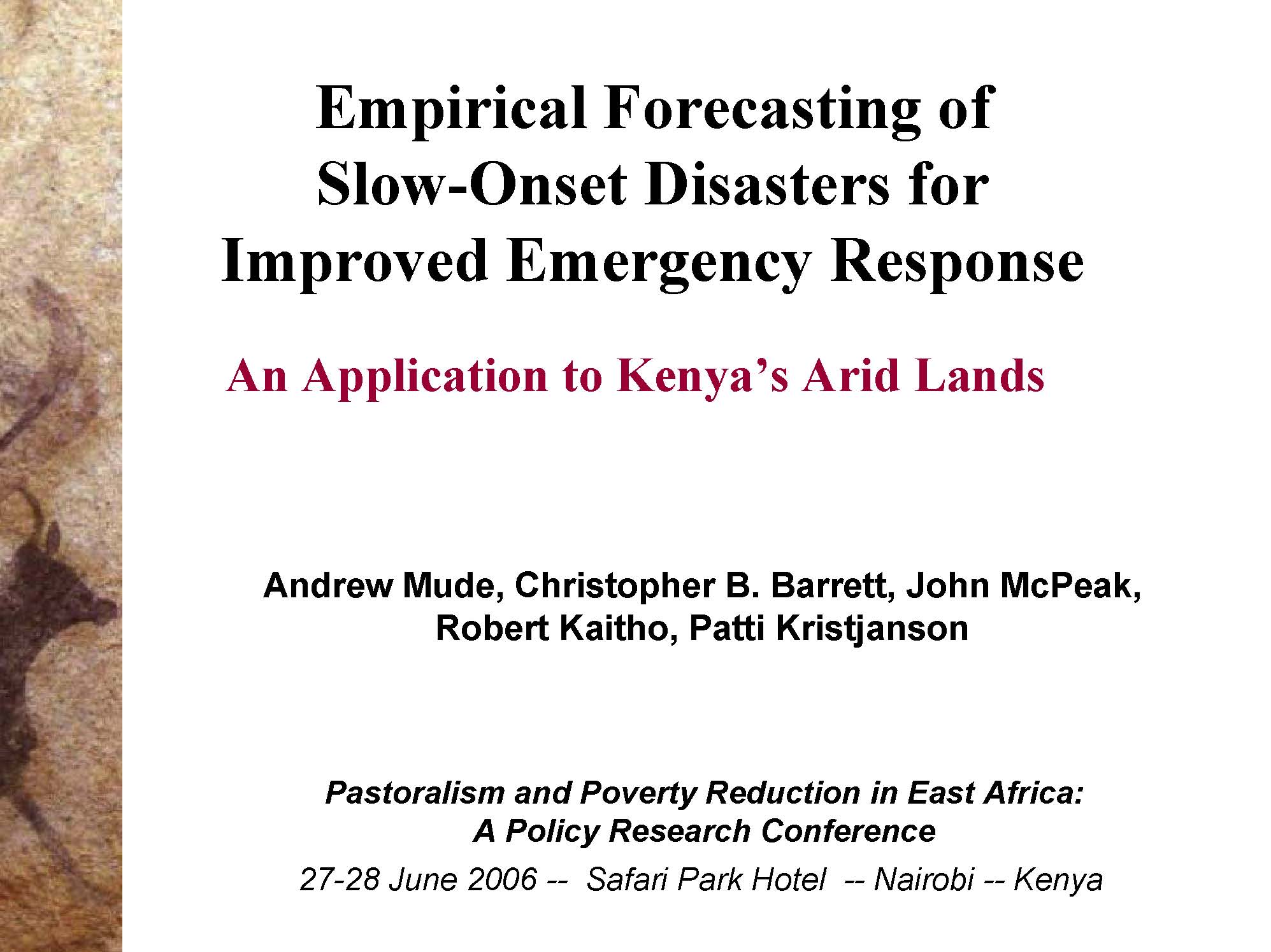Poverty and the Distribution of Land
Land reform is a many-splendoured thing. The term has been used to include not only redistributive reforms of ownership rights but also the establishment of collective or communal forms of farming, state sponsored land colonization schemes in frontier areas, and land tenure reforms, i.e., changes in the contractual arrangements between the landowner and those who cultivate the land. In addition, tax (and credit) measures intended to create incentives for large landowners to sell part of their holding sometimes are described as “market friendly” land reforms.





